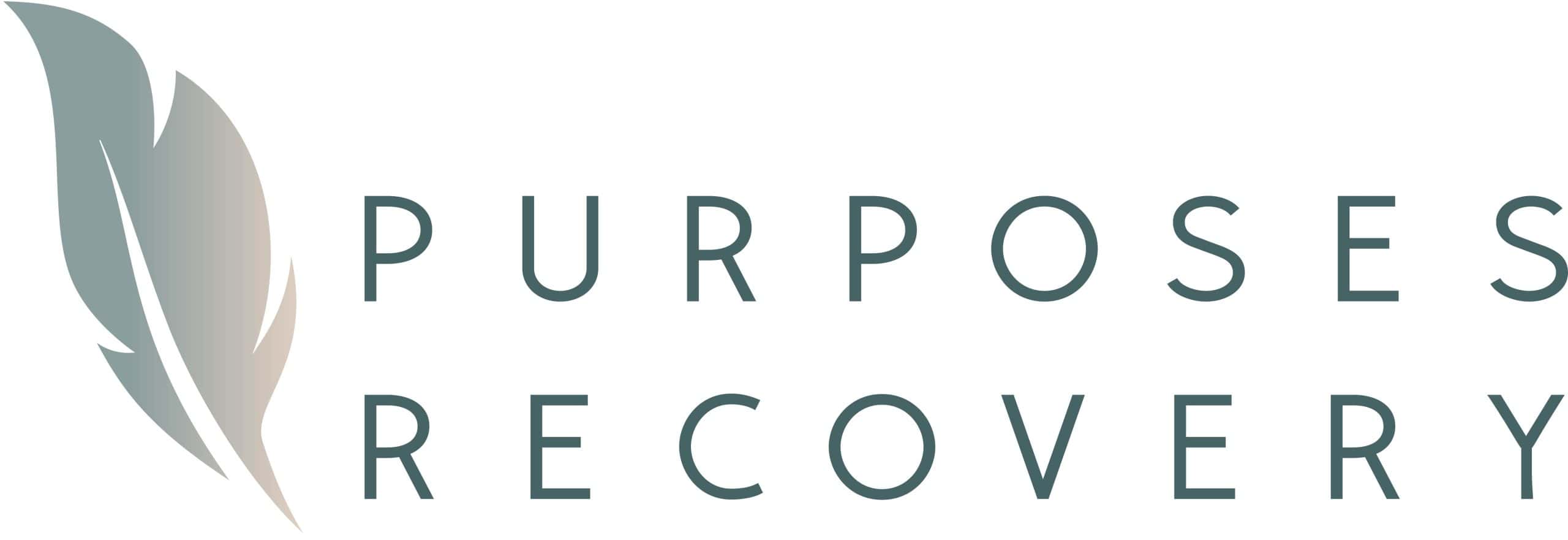Over 86% of adults in the United States say they’ve drunk alcohol at some point. Drinking profoundly alters an individual’s mood, behavior, and neuropsychological functioning. For many people, alcohol consumption means relaxation. However, the effect of alcohol can trigger anxiety & increase stress. To understand precisely how alcohol impacts your life, you should learn a little about it. Alcohol affects brain function, but you may wonder exactly how it works. For example, some people think of alcohol as a stimulant that can increase your heart rate, give you energy, and decrease your inhibitions. However, this is not the whole story. At the same time, alcohol slows your body down. So, is alcohol a stimulant or a depressant? Read to learn more about alcohol and its effects on your brain and body.
Is Alcohol a Stimulant?
Stimulants are substances that increase central nervous system activity. It can include increased heart rate, rapid breathing accompanied by increased energy, and positive feelings. For a substance to be classified as a stimulant, these effects must be the dominant ones produced by the substance. For example, the brain may release it when we eat or even see the food we crave. It can result in feelings of pleasure and satisfaction. Dopamine can also increase heart rate, blood pressure, and body temperature. Some examples of stimulants include caffeine, cocaine, amphetamines, nicotine, and betel nut.
As you can see, some stimulants are legal, while others are illicit substances. Some dopamine level in the brain is essential for our well-being. Although, high dopamine levels may generate aggression, anxiety, poor impulse control, and risk-taking behavior.
Alcohol, particularly in the early stages of consumption, is a stimulant on the central nervous system. It triggers an increase in dopamine levels. As a result, it speeds up the heart and respiration rate, increases energy and confidence, lowers inhibitions, and improves mood.
Is Alcohol A Depressant?
Based on the name, many people think that depressants make you feel depressed. However, that’s not necessarily true. “Depressant” refers to how these substances affect your central nervous system, not how it impacts your mood. Depressants slow down central nervous system processes. For example, the heart rate and breathing are slowed, and reflexes and response times are dulled. To be classified as a depressant, these effects must be the dominant ones produced by the substance. Examples of depressants include barbiturates, benzodiazepines, cannabis, ketamine, and heroin. Most of the substances on this list are either controlled or flat-out illegal. So when you ingest a depressant, you might feel relaxed, sleepy, and/or sedated. Depressants will slow down your heart rate and lower your blood pressure.
After the initial stimulant effects, alcohol slows down your central nervous system, decreasing your blood pressure, heart rate, and mental clarity. In turn, people who have ingested large amounts of alcohol have slower reaction times and may seem sleepy, disoriented, or sedated. In addition, higher doses of alcohol can suppress dopamine production, making you feel sad or listless. Depressant effects of alcohol occur when your BAC reaches about 0.08 mg/l. Once your BAC reaches 0.2 mg/l or greater, its depressant effects on your respiratory system can become so powerful that they cause coma or death.
It’s important to understand that when alcohol is referred to as a depressant, that doesn’t mean it gives people depression. Depression is a mental health issue. Many people develop an alcohol use disorder attempting to self-medicate depression. But when alcohol is referred to as a depressant, it is meant that it slows down several processes in the body. For example, alcohol abuse slows breathing, blood flow and can dull the senses. Thus, alcohol may be a depressant.
Common Misconceptions About Alcohol Use.
You might’ve noticed that we haven’t put alcohol in either category above. Alcohol is a depressant with some stimulant effects. Small doses can increase your heart rate, aggression, and impulsiveness. However, in larger doses, alcohol typically causes sluggishness, disorientation, and slower reaction times, as it decreases your mental sharpness, blood pressure, and heart rate.
It is a common myth that alcohol is a stimulant. After all, it ramps your confidence, makes you giddy, and gives you energy! It does raise your heart rate, along with some other physical changes. However, these effects are just temporary. Plus, they result in your brain releasing more dopamine after your initial drink. Dopamine, the feel-good hormone, can make you happy and lessen pain processing.
Alcohol is, in fact, truly a depressant. Think about how you feel when you drink alcohol, especially in excess; you start slurring your words and have slower reaction times. As you can see, while alcohol does have some stimulant effects, it’s scientifically classified as a depressant. You’ll typically feel the stimulant effects at a BAC of under 0.05 mg/l. But once you go over 0.08mg/l, the depressant effects will take over. Do note that you should never mix stimulants (or other medications such as SSRIs) with alcohol. Doing so can have severe and even fatal results.
Alcohol does not affect everyone the same way. Physical characteristics, like weight and metabolism, play into how you’ll be affected by alcohol. Also, unique factors, like previous drinking habits, contribute to how alcohol affects a person.
What Effects Does Alcohol Abuse Produce?
Alcohol alters both your brain and your nervous system. The more alcohol you have, the more significant the effects of the alcohol are. If you drink too much alcohol, your body will become completely sedated. Here are some of the effects of alcohol, starting with the mildest and progressing to more severe health issues:
- Lowered ability to make good choices
- Struggles focusing
- Decreased depth-perception
- Heart rate increases, then slowly decline as alcohol intake increases
- Slurring speech
- Coordination problems
- Digestive tract issues (vomiting and diarrhea occur frequently)
- Mood changes
- Lower than-average body temperature
- Increase in blood pressure
- Struggles staying conscious
- Memory loss
- Increased risk of cancer
- Decreased ability to retain information
- Liver problems
- Stroke
- Heart problems
- Death
This list is full of many health issues that can result from alcohol. However, it is only a tiny portion of all of the issues that alcohol can lead to. The occasional drink is typically not a problem that will result in long-term negative effects of alcohol. What is a problem is chronic drinking or binge drinking on a regular or semi-regular basis. Your body can only handle so much alcohol. The more you drink and the less time off you give your body, the more your body will struggle, and the worse the effects will likely become.
The Effects Can Be Wildly Varying for Everyone
Do note that the depressant effects (as well as the stimulant effects) can be different for everyone. For example, you might feel giddy and alert after one beer while your friend is sulky and incoherent on the same amount of alcohol. The main things that affect how someone’s body handles alcohol include:
- Age
- Sex
- Weight
- Genes
- Unique body chemistry
- Alcohol tolerance
Alcohol Addiction
Some can drink casually, while for others, one drink can be all it takes to spiral into addiction. Are you concerned that you or a loved one might develop alcohol dependence or addiction? Then watch out for these signs:
- Blackouts
- Drinking in isolation
- Excessive excuses for drinking
- Irritability
- Mood swings
- Hangover symptoms when not drinking
If you’ve noticed these signs in either yourself or a loved one, it may be a good idea to go to rehabilitation so you can get sober.
Get Help Today
Alcohol is a powerful drug. It can raise you for a short time and keep you down for a lot longer. Unfortunately, it may also leave you struggling with alcohol addiction (alcoholism). Regardless of whether you still think that alcohol is a stimulant or a depressant, one thing’s for sure: dependence or addiction to this substance can have detrimental effects on your life. If you or a loved one is struggling with alcohol addiction, then a trip to detox and rehab, like Purposes Recovery in Los Angeles, California, is the right thing to do. There, caring professionals can help you get on the road to recovery and sobriety. Are you ready to get help for alcohol addiction? Then get in touch with us now. We’re here to help you 24/7.




